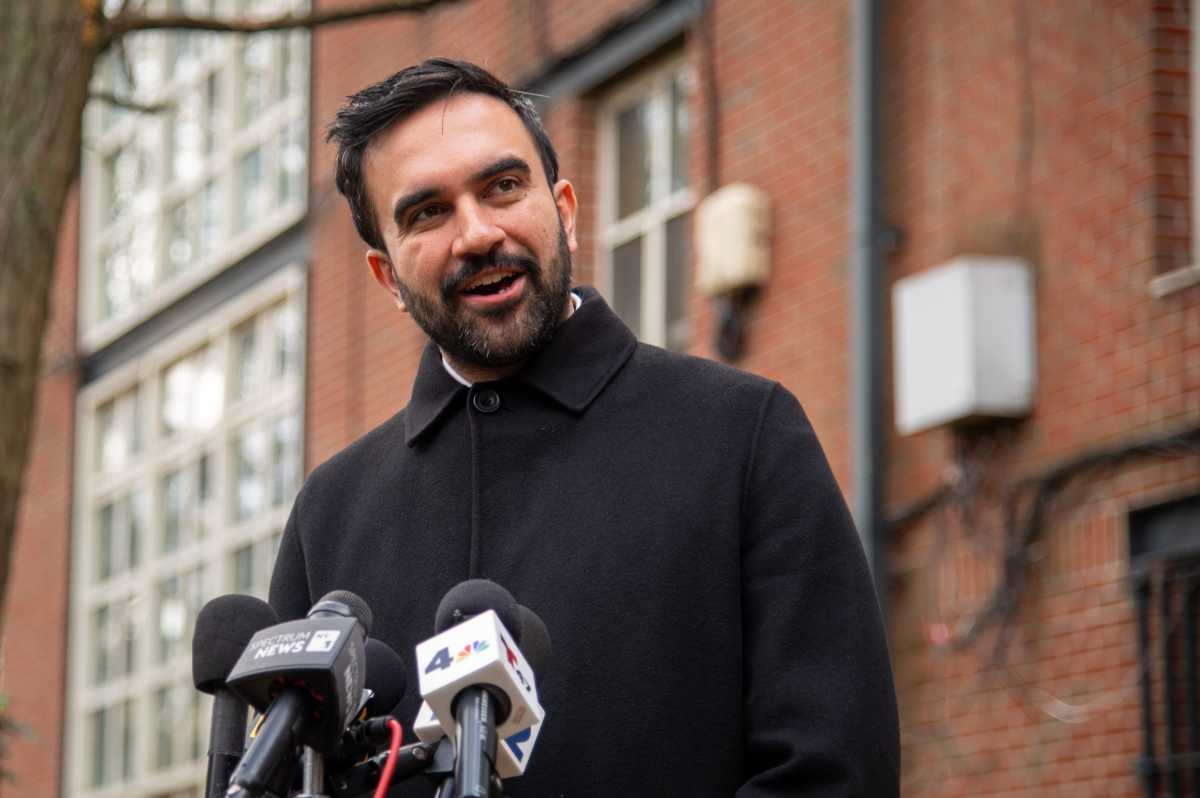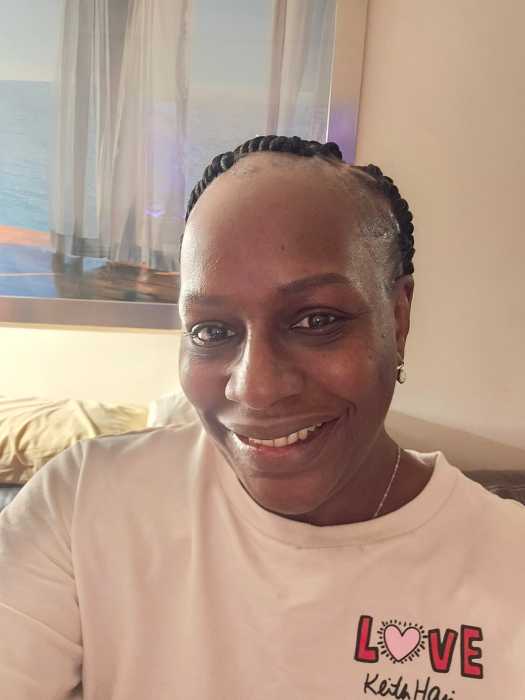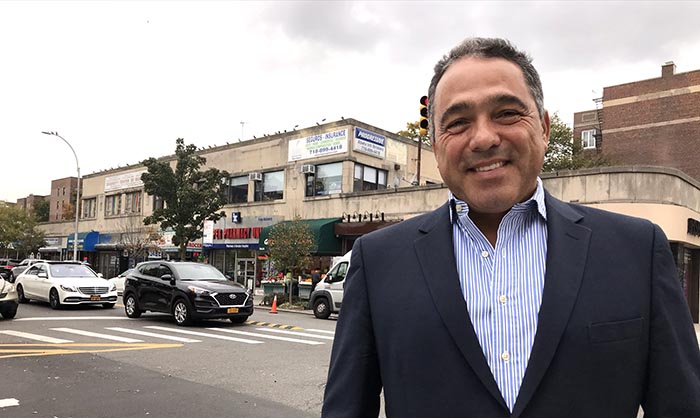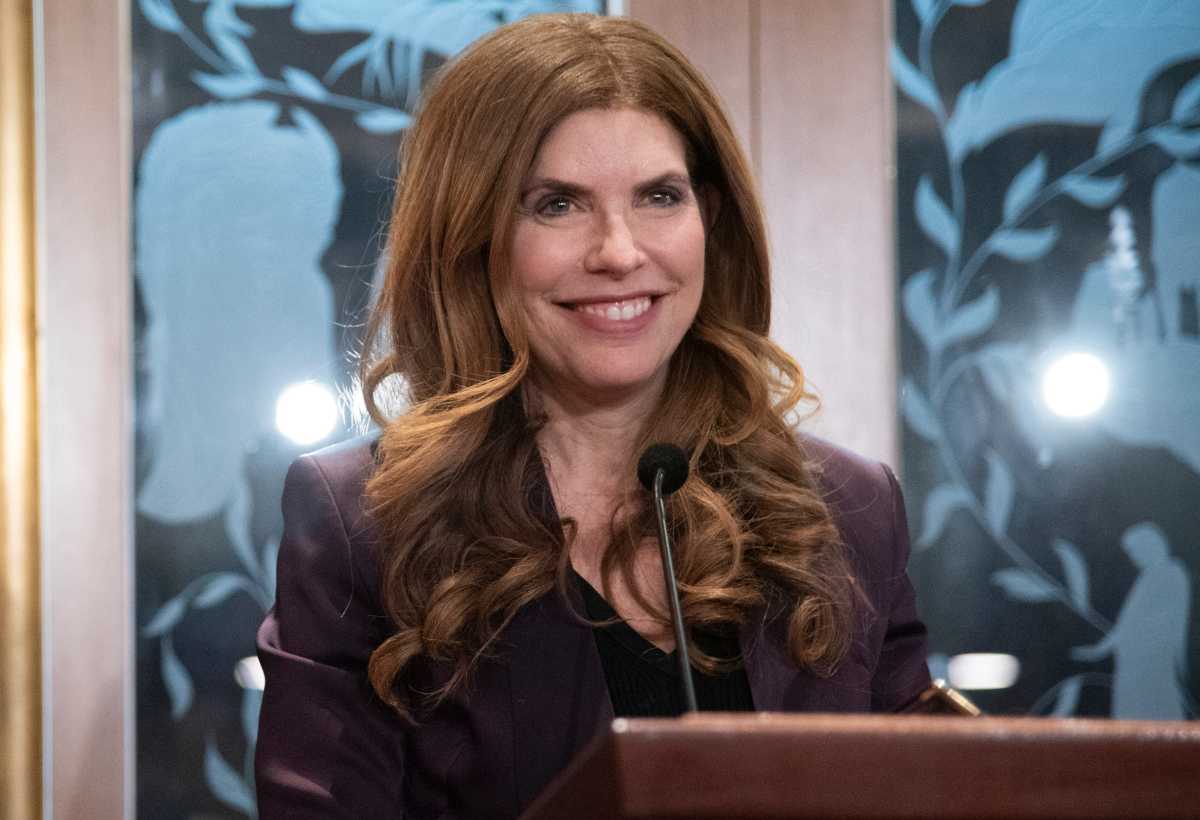In the wake of a domestic atrocity with the Charleston massacre, our hearts are also heavy with pain for the humanitarian crisis in the Dominican Republic. The Dominican Republic is expected to begin the deportation of (mostly Haitian) foreign-born migrant workers and residents born in the Dominican Republic to undocumented parents. Many of these Haitian workers entered decades ago, when the Dominican government welcomed them to work in sugarcane fields. But these longstanding residents never received official documentation, though many claim the Dominican Republic as their only home, having lived there their entire lives.
In 2013, their citizenship was revoked and they were rendered stateless. The Inter-American Court of Human Rights said last year that the law violated the American Convention on Human Rights, but the Dominican government to date gave no response. Later in 2014 the government slightly mitigated the unlawful de-nationalization, creating a path to citizenship for undocumented children born in the country through what was called a regularization process. Applicants seeking to adjust their status were supposed to obtain the necessary documents by February of 2015 and complete the process by June 17 or face deportation. But this regularization process has been fraught with delays, bureaucratic impediments, and corruption, causing anguish and uncertainty. Now after the deadline has passed, the world awaits a mass deportation, a potential refugee crisis, and witnessing people of Haitian descent hiding away in desperation to escape a grim and uncertain future.
For Dominicans of Haitian descent, obtaining the necessary documents to prove their citizenship is challenging. Many immigrant workers cannot present work permits because employers refuse to admit hiring undocumented immigrants and those born in rural areas or at home are typically not issued birth certificates. Those living in poverty were either unable or actively prevented from registering births during the 1929 – 2007 period. Compounding the difficulty of the process are the costs associated with obtaining the required paperwork and transportation to immigration processing centers. Even those who successfully manage to work through these difficulties face severely under-resourced and sometimes corrupt processing centers.
Whatever the challenges the Dominican Republic faced due to the influx of Haitian immigrants after the 2010 earthquake, the sudden stripping of citizenship from people of Haitian descent is unjust. The rulings, driven by nationalism, racism and fears of a so-called Haitian invasion, deserve international rebuke. In fact, the rights-stripping ruling, which cannot be appealed, has legalized actions the state has been carrying out for many years. Since the 1990s, thousands of people have been refused national ID cards, necessary to work, register children, get married, open bank accounts, attend public universities and participate in many other civil activities.
The prospects for expelled people of Haitian descent are not promising. For Dominican-born children of Haitian descent, Haiti has never been home. Many have no family connections. They face a language barrier, lack Haitian citizenship, and thus lack the accompanying rights. Those of Haitian descent who do maintain residency in the Dominican Republic still do not obtain civil equality within the country. For instance, those without full citizenship cannot run for office in the upcoming 2016 elections.
This current crisis did not emerge overnight, as a quick decision to strip a group of people of rights and subject them to the pain of displacement; these actions reflect a centuries long history of national and racial tension. The feeling of being unwelcome, labeled as an “immigrant,” and unequal to fellow compatriots, is one all too many around the world can relate to. By no means is this a regional, isolated problem. This is a much larger issue that everyone must be aware of, and concerned about, regardless of ethnicity or geographic proximity.
The world is witnessing a global push against blackness. As Mayor Bill De Blasio has stated: “It is clearly an illegal act. It is an immoral act. It is a racist act by the Dominican government, and it’s happening because these people are black. And it cannot be accepted.” At its most fundamental level, this is a human rights violation. No one should have to face the agony of displacement and maltreatment now threatening people of Haitian descent in the Dominican Republic. As Martin Luther King Jr. said, “Injustice anywhere is a threat to justice everywhere.” I have faith that we as a community can come together to condemn this affront to justice. We can show that human dignity is stronger than any class, color, race or creed difference. Along with other New Yorkers of good conscience, I call on the Dominican government to respect basic rights guaranteed to all people under international law.










